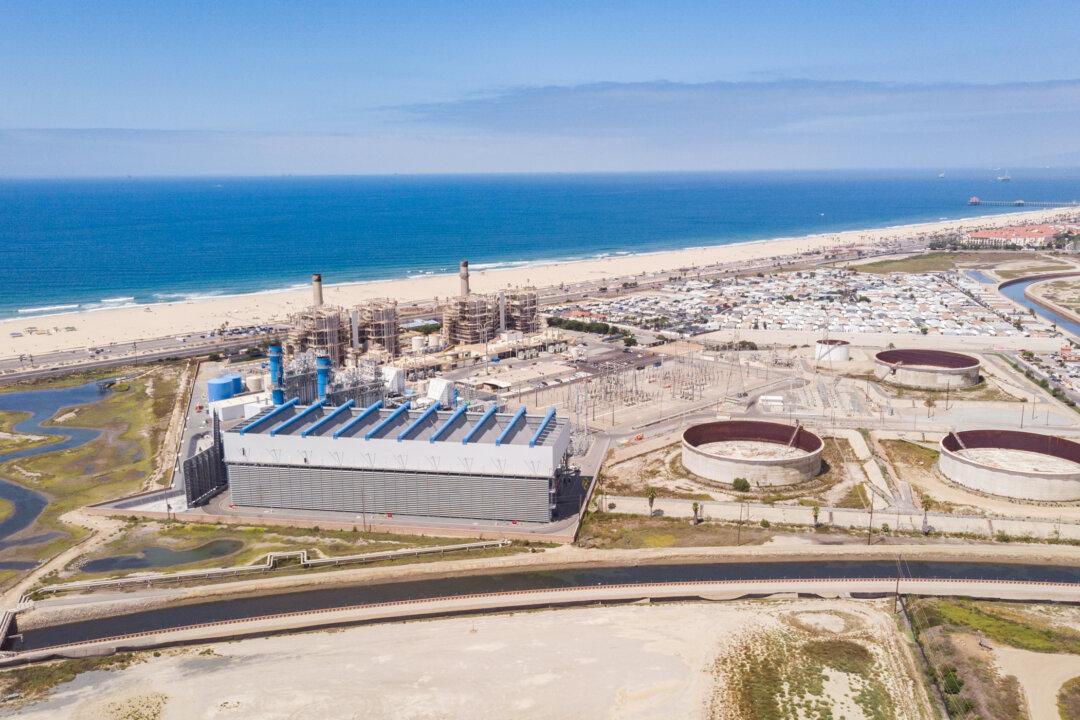Four Southern California power plants, including the Huntington Beach facility, received reprieves when the State Water Resources Control Board voted recently to extend a requirement deadline for environmental compliance by three years.
The Water Resources Control Board on Sept. 1 approved an amendment giving additional time for compliance to gas-powered generators at plants in Huntington Beach, Long Beach, Oxnard, and Redondo Beach.





